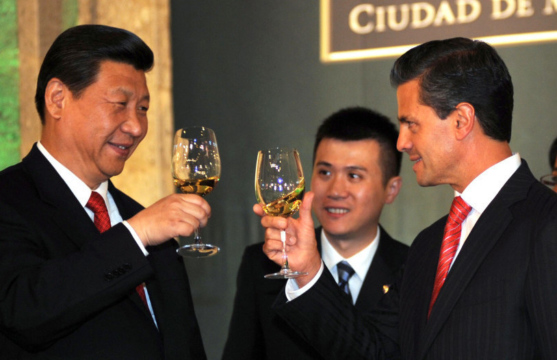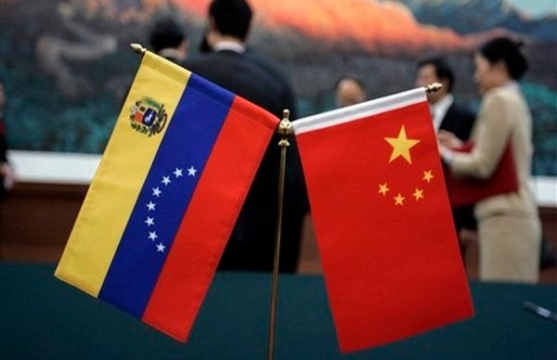
Education Is the Key to a Healthy Economy
The economic benefits of improving K-12 education in the US.
Argentina has an important challenge ahead: avoiding an escalation of the current economic crisis leading to a major social and political turmoil under the government of the Frente de Todos (FDT), the incumbent coalition led by Cristina Fernandez de Kirchner (CFK).
A 90 percent yearly inflation rate expected for 2022, public finances in disarray, and an unpleasant monetary arithmetic turn price dynamics highly volatile. Inflation may easily accelerate well beyond current levels, and the resurgence of wage and price indexation is turning the clock back to the high inflation regime of the 1980s. Disarming the chronic inflation trap is an even more complex technical and political challenge than addressing the moderate high inflation regime that prevailed in recent years (20-40 percent range). The economic scene could be explosive with nearly zero net foreign reserves and short-term peso-denominated government debt moving on an unstable path that makes roll-over increasingly difficult. All this is taking place under the umbrella of an IMF agreement that needs to be renewed periodically. While the agreement is widely considered to be quite soft in its demands, the government is under pressure to comply with the agreed conditions, creating growing political tensions within its coalition. The Fund, however, is likely to concede despite deviations, avoiding by all means a default and waiting for better days after the 2023 elections.
Why is Sergio Massa (SM), president of the lower chamber of parliament, a shrewd politician with no technical background or expertise in economics, taking on the super risky challenge of managing the Argentine economy? The current political standing of Massa is very weak, and his electoral potential has diluted in recent years. Head of the Partido Renovador, created in 2013 as a splinter of the Partido Justicialista, now part of the government in power, SM had 21 percent of the votes in the presidential elections of 2015 won by Mauricio Macri, taking the third position. Under the present circumstances, his political future is strongly endangered, and if the ‘Super Minister’ adventure fails, he will be in the same situation as today. On the other hand, if the low probability miracle happens, his bet may turn him into a good contender for the 2023 presidential elections. The virtuous model for this scenario would be Fernando Henrique Cardoso (FHC), Minister of Economics under President Itamar Franco in Brazil during the 1990s, who launched the Plan Real leading to a successful economic stabilization, and who served two consecutive terms as president. How far is SM from FHC? Pretty far ex-ante in the political arena, as well as in the economic conditions for success. For further discussion on the comparison, we can reconvene.
The probability of SM successfully reverting the high inflation scenario is very slim. Initially, bad news is inevitable- a strong adjustment in public finance is needed for sustainable disinflation thereafter. In the current political conditions, we do not see much leeway on the expenditure front. Raising taxes in a significant manner is not a viable option, and the only lever in the short run is reducing energy subsidies, that amount to over 3 percent of GDP. However, a significant reduction in the latter will translate into sharp tariff increases for part of the population. The result will be a supply shock and higher inflation in the first months. Beyond inevitable social dissatisfaction, massive energy subsidies have been a recurrent policy of Cristina Kirchner’s administrations and her economic advocates in the government coalition. Political instability in the political front, with opposition of certain groups loyal to CFK and other outsiders, may be hard to manage in the transition to a second phase of a stabilization program. If the Massa team survives this initial turmoil and once key prices of the economy are aligned (including the exchange rate), as well as consistent fiscal and monetary policies put in place, the government could engage in a second phase of a gradual or shock strategy for disinflation. The less gradual the stabilization plan, if designed to be sustainable, the bigger and quicker the initial fiscal adjustment required.
However, if Massa plays a silver bullet to capture a competitive position for the primary election in 2023, time will be short, implying that gradual disinflation is not an option. He would thus need to launch a policy shock ‘à la Real’ as in Brazil in the 1990s, or of the sort of the successful Israeli Shekel and the failed Austral in Argentina, both in the 1980s. These types of stabilization strategies need very complex engineering and super competent teams. If phase 1 is difficult to sail and phase 2 is extremely demanding, the script of sharp disinflation and regime change to boost an unstoppable candidacy seems, as of today, highly improbable. At first sight, beyond comparative history, politics, economics and personality, SM’s destiny seems far from FHC’s.
Thus, the best Sergio may hope for is arriving at the end of the presidential term without an explosive economic and social crisis. To avoid the worst-case scenario, swift fiscal and foreign exchange policies are mandatory. For this greyish script, there are good and bad signals as well. His success in appointing a new head for the Energy Secretariat (until now a fortress under the control of close allies of CFK) is good news giving him a lever to improve public accounts even partially, and consequently gain certain control of monetary policy. On the other hand, a convincing economic program has not yet been announced, and Massa has had a hard time setting up a consistent economic team so far, including a ten-day imbroglio to appoint a vice minister that could bring much needed technical credibility to lead the economics of the ‘Super Minister.’
Can Fernández Win Argentina’s Presidency Again?
Argentina’s Ruling Coalition Hopes to Avoid ‘Death by IMF’
The economic benefits of improving K-12 education in the US.
Highlights of President Xi Jinping’s July 2014 visit to Latin America include a BRICS development bank to a series of bilateral agreements.
Chinese media indicate concern over China’s financial links with Venezuela.

